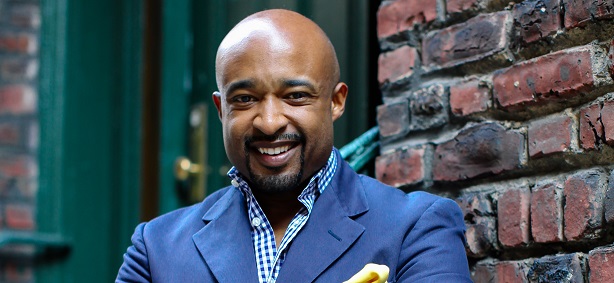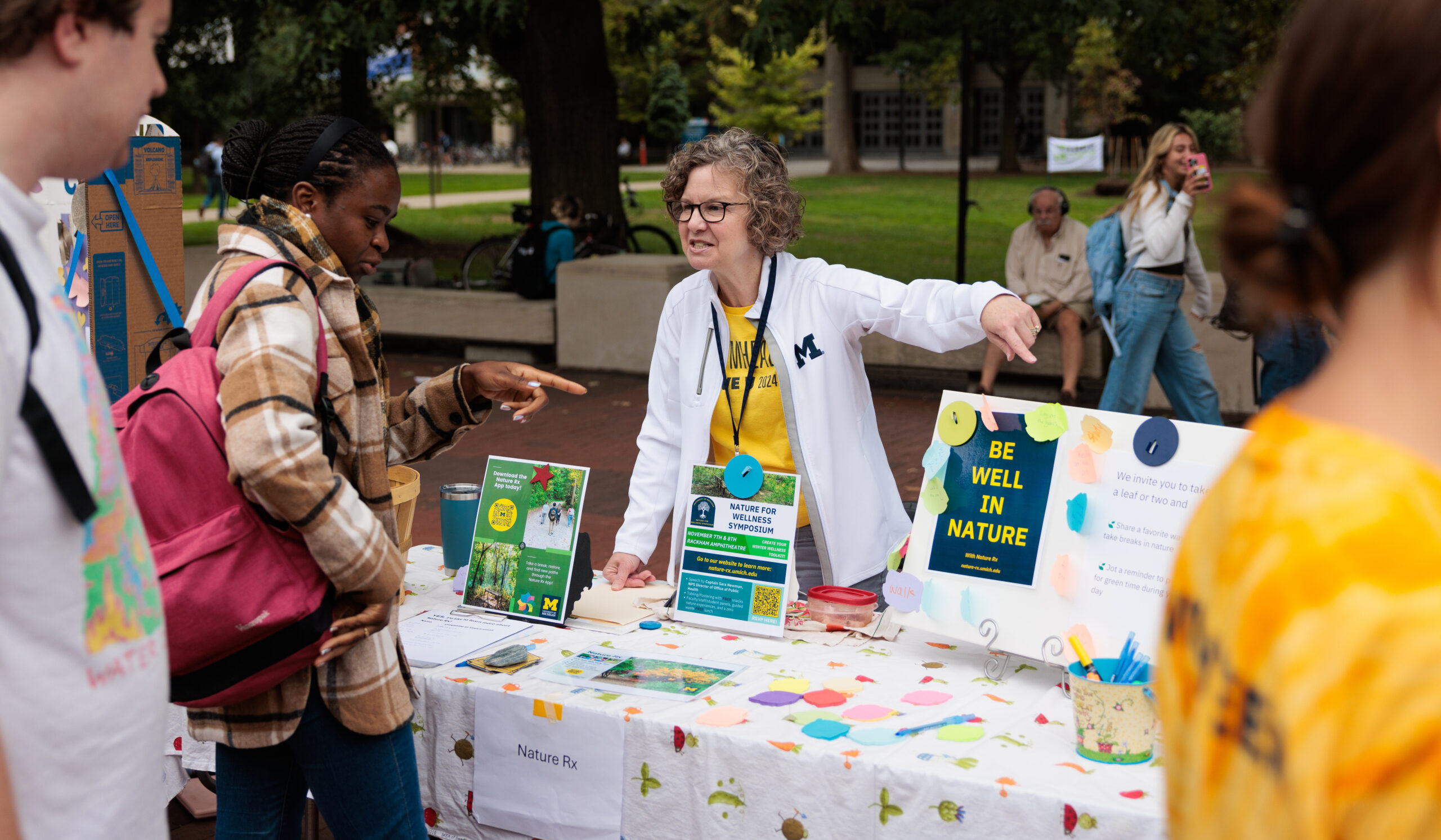Michigan alumnus Mike Muse studied industrial engineering while at the University but took a different route to success after leaving. Currently, he is the CEO of Muse Recordings as well as a guest lecturer at Columbia University, Wharton School of Business, and the Clive Davis School of Recorded Music at New York University, where he discusses topics that touch on pop culture and politics. And since last year, he has served as the “millennial entrepreneur champion” for President Obama’s My Brother’s Keeper initiative in partnership with the U.S. Small Business Administration. In his role, Muse holds summits across the country that include events and practical, hands-on experiences across music, film, fashion, technology, and sports for young men of color. We talked with Muse about the journey he’s traveled as an entrepreneur as well as his philosophy of giving back to the University and others.
He’ll be sharing his experiences at The New Face of Entrepreneurship with Michigan Alumni on Feb. 5 at the Alumni Center.
Did you study entrepreneurship at the University?
Entrepreneurship was never my destination as a student. I always saw myself being involved in a really structured corporate environment. I went to Michigan for engineering and upon graduation, I realized that I wanted to take my career in a different direction. And what that direction was, I wasn’t sure. I took some time off and I called it just finding self, and it was during that time period I was thinking about what my next steps would be.
So how did you end up as CEO of your own music label, Muse Recordings?
When I graduated from Michigan, I moved to Florida, and that’s when I connected with fellow Michigan alum Marcus Collins. I was the manager of a production company that he had. From there, we turned that into a label. Shortly after, I moved to Detroit to get the label started, and we had incredible success. From there, I decided to move to New York City, where I’m currently located.
How do you carry this success over into your work with My Brother’s Keeper?
My work intersects politics and pop culture through the lens of lifestyle in the areas of sports, music, film, fashion, and technology. Young people of color — especially males — are such consumers of these industries. But we’re not producers, we’re not the creators, we’re not the owners, we’re not in that entrepreneurial space. My job as entrepreneur champion is to get them to take a deeper look at these categories within their lifestyles and expose them to the job opportunities that they may not have known existed.
So you show them that men of color can be in that space. You mentioned a summit at the Dolby Theatre in LA, where the Academy Awards show is held. At the summit, some of these young men met others like them who are participating in the movie industry.
Yes, the panelists — all people of color who are directors and actors and producers in Hollywood — were in the auditorium and to the left and to the right were the Oscar statues. So if you were to actually put that room on mute with no sound, the visual itself was so powerful that they got a chance to see themselves and people who are leading the industry. We went on to have a fantastic summit where we had panelists from all areas of the film industry. There were people who have worked on some of the biggest box office hits, like “Hunger Games,” “Frozen,” “Iron Man,” and “Straight Outta Compton,” and my whole goal was to get these young men to understand that the film industry is very entrepreneurial.
You’ll be at the Alumni Association on Feb. 5 to present on entrepreneurship to U-M students. Why is this important to you?
My hope is that they begin to understand the power of entrepreneurship and that they begin to understand how the power of entrepreneurship can change communities, that they can begin to create change. A lot of times we don’t know how attainable entrepreneurship is. In college, we’re often directed toward very practical degrees and very practical careers, so we don’t have the luxury or freedom to think freely or to think about what is possible.
Why do you think young men of color don’t already know about entrepreneurship?
I knew that there weren’t a lot of us in the entrepreneurial space. So I created a six-week video series for My Brother’s Keeper dedicated to showcasing millennial male entrepreneurs of color in various industries. I didn’t realize how difficult it would be to find individuals to profile until I started to look. It was challenging to find young men of color who are millennials and somewhat successful in an entrepreneurial endeavor. It was definitely a wakeup call and confirmation about how import this work is for our next generation.





